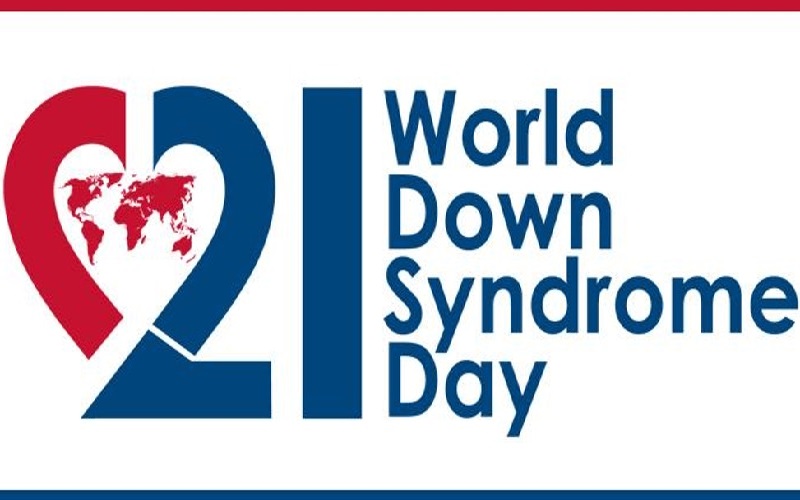The Down’s Syndrome Advantage is the phrase coined to describe the phenomenon observed by researchers in which the mothers of individuals with Down’s Syndrome exhibited higher levels of psychological well-being than the mothers of individuals with other kinds of intellectual or developmental disability.
In part one, we saw researchers had observed that the mothers of adults with Down’s Syndrome reported that they experienced less conflicted family environments.
Families of individuals with DS have been rated to be more harmonious and cohesive than the families of individuals with other IDDs.
But is there any evidence to support this perception?
On the surface of it, you may think not.
Studies show that couples who are the parents of children with disabilities or additional needs have a higher rate of divorce than couples who are the parents of typically-developing children.
However a study by Vanderbilt University examined the rates of divorce among families of children with Down’s Syndrome in comparison with the rates among families of children with other disabilities.
They found that while the rate of divorce among families of children with other disabilities was 11.2%, among the families of children with DS it was only 7.6%.
The same study also compared the rates of divorce among families of children with DS to the rates among the families of children with no noted disabilities, and what they found might come as a surprise to many – the rates of divorce among the familes of children with DS was lower even than those among the families of typically-developing children, which was 10.8%!
Another thing that study results do show is that in many regards the families of individuals with DS are alike to all other couples in some regards when it comes to divorce, in that they are more likely to do so if the couple were younger, less well educated than if the opposite were true.
But what would account for the lower divorce rates across all groups of parents of children with DS?
Other studies have suggested that the family members of children with DS show levels of well-being that are often greater than those of family members of children with other IDDs, and sometimes equivalent to those of the families of non-disabled children.
And while this, and the lower levels of parenting stress reported by the parents of individuals with DS might account for the divorce rates being lower among families of children with DS, what would account for it’s being lower also than the divorce rate among typical families?
Does raising a child with DS lead to greater communication between a couple, perhaps because there’s a sense that it’s the two of you against the world, advocating for, fighting for, your child?
Do they become more tolerant of each other’s imperfections as a result of accepting their child’s struggles and difficulties?
What is known is that the overwhelming majority of parents who have a child with DS report that their outlook on life has become more positive as a result of having a son or daughter with Down’s syndrome. Have they, then, come to look more positively on each other also?
I feel that as the twenty-odd-years-married parent of a nine-year-old with Down’s I ought to have the answers to this conundrum, or at least a deeper insight into it.
But I don’t.
I do know, though, that it is just one more reason not just to raise public awareness, and to advocate for the rights of people with Down’s Syndrome, but to celebrate all the good things they bring to the world, their local community, and their families.
